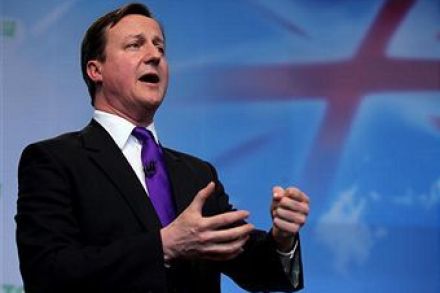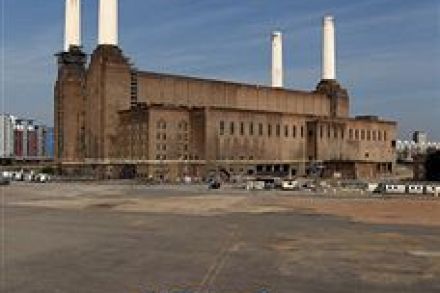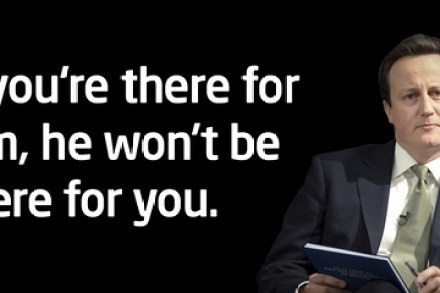No sweat
The leaders will be allowed to use their own make-up artists tonight. This might sound like a trivial detail but how the leaders look is, sadly, going to be an important factor in who gets the most benefit from the debate. I expect that the big beneficiary from being allowed to use his own make-up team will be Cameron. As his Newsnight interview during the 2005 leadership contest – when Cameron used his own not Newsnight’s make-up artists and as a result looked far better than David Davis had the week before – showed, the Cameron Team appreciate the importance of these details.


















